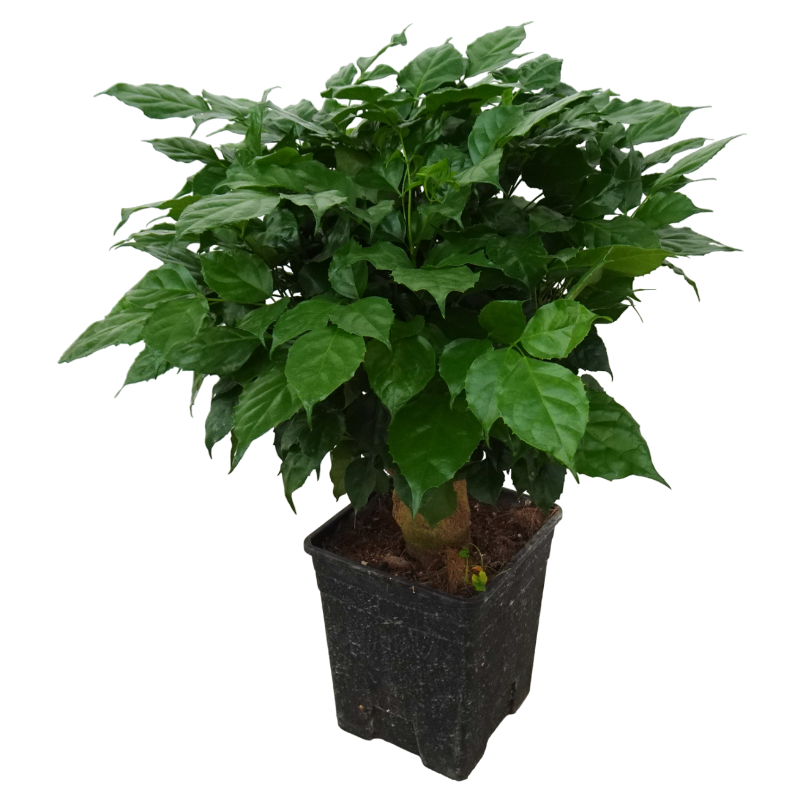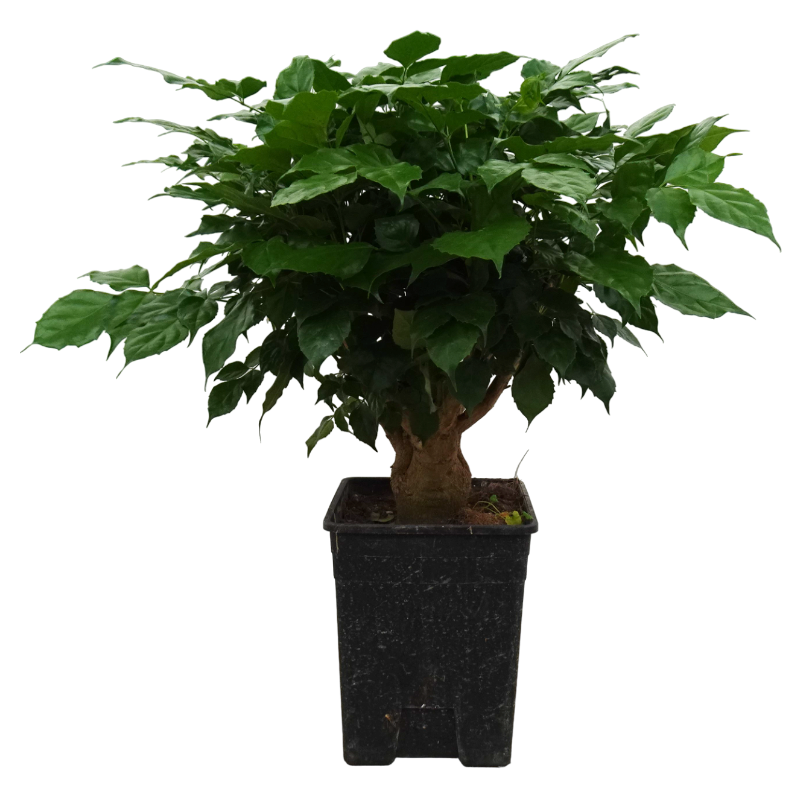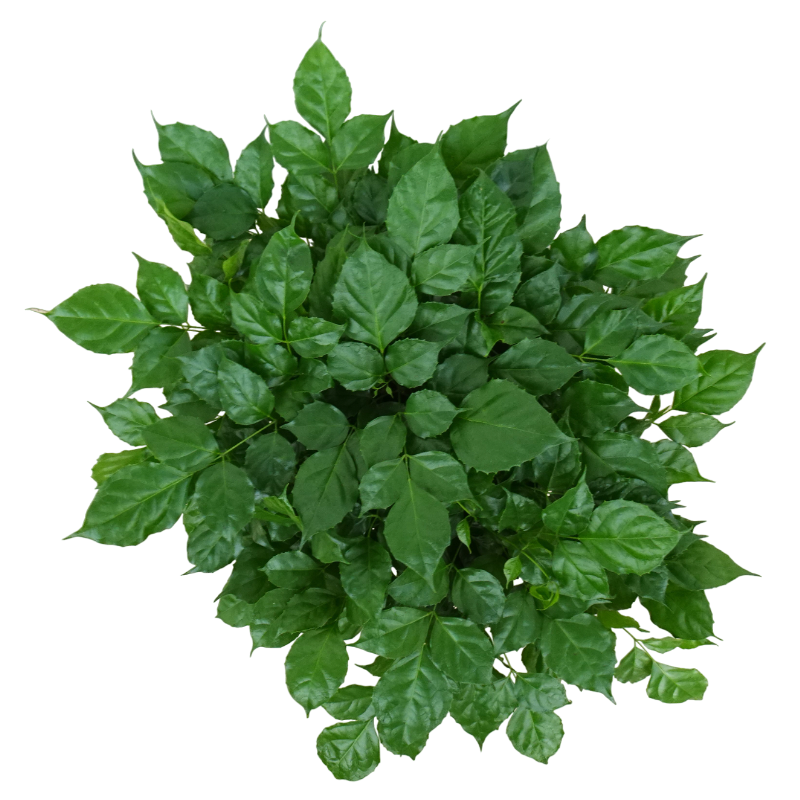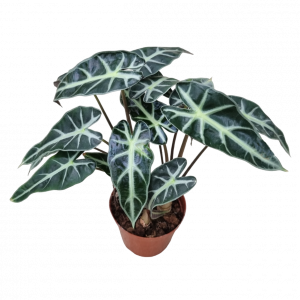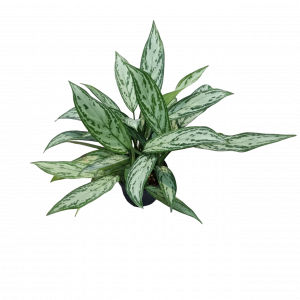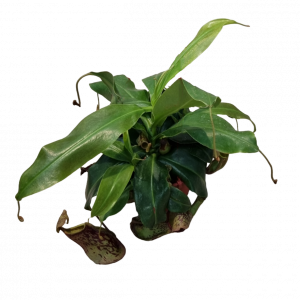Radermachera hainanensis, commonly known as the China Doll Tree, is a striking evergreen shrub or small tree native to tropical Asia, particularly found in the Hainan Island region of China. This species is appreciated for its graceful, glossy, pinnate leaves that give it a lush, elegant appearance. The plant typically grows in a compact, bushy shape and can develop into a small tree in ideal conditions. It’s commonly used as an ornamental plant in both indoor and outdoor settings, appreciated for its ability to bring a tropical flair to any space.
Plant Care Guide
Light: Radermachera hainanensis thrives in bright, indirect light but can tolerate some direct sunlight.
Watering: This plant prefers evenly moist soil but is sensitive to overwatering. Water when the top 2–3 cm of the soil feels dry to the touch, ensuring the water drains freely from the pot.
Soil: A general-purpose potting mix with added perlite or sand can be used to improve drainage and avoid the risk of waterlogged roots. Good drainage is essential for the health of this plant, as it is susceptible to root rot if the soil retains too much moisture.
Fertilising: Feed the plant with a balanced, slow-release fertiliser or a diluted liquid fertiliser.
Common Pests: Radermachera hainanensis is generally resistant to pests, but it may occasionally attract common houseplant pests such as spider mites, aphids, or mealybugs.
General Care Tips: Radermachera hainanensis is a low-maintenance plant that benefits from occasional cleaning of its glossy leaves to remove dust and improve its appearance. Gently wipe the leaves with a damp cloth to keep them clean. Pruning is typically not necessary unless you want to shape the plant or remove any dead or damaged leaves. This plant also enjoys high humidity, so misting the leaves occasionally or placing it on a humidity tray can be beneficial, especially in drier environments.
Lighting: Bright Filtered Light
Watering: Water Moderately
Watering Frequency: When top layer of soil is dry
Scale insects: Scale insects are small, immobile pests that infest plants by feeding on their sap. They can cause yellowing, stunted growth, and plant death. There are two main types of scale insects: armored scales and soft scales. Control methods include cultural practices such as pruning and improving plant health, as well as insecticides that are specifically labeled for use against scale insects..
RYNAN Follamate 230 NPK 23-8-8-TE: Every 3 Months.



